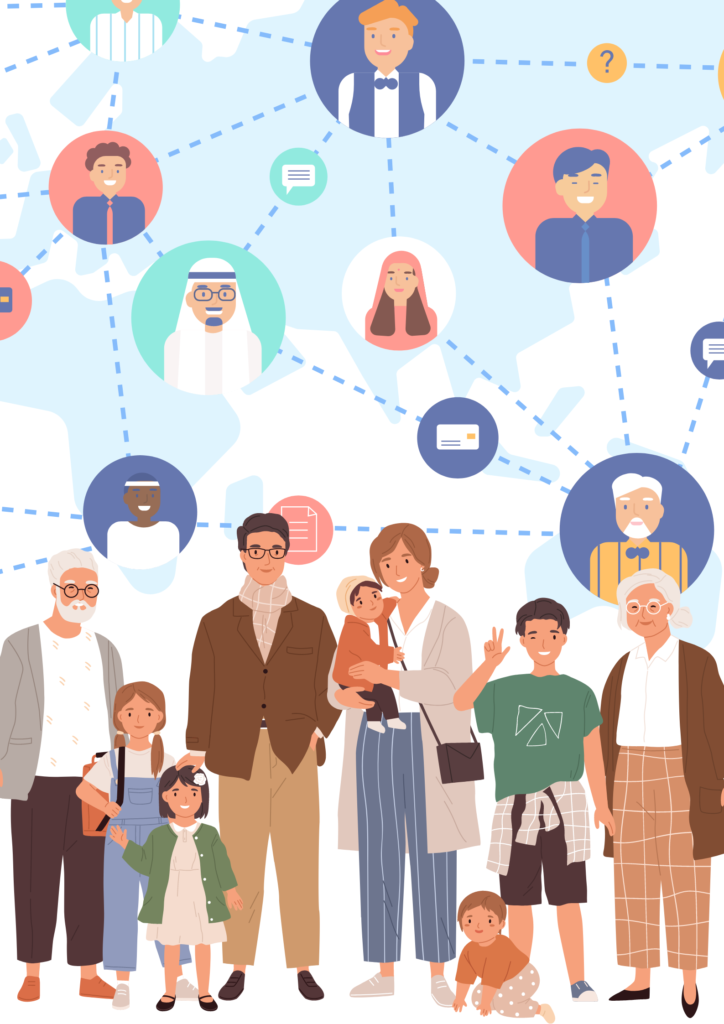Family Ties: A Mirror to International Relations

The intricacies of international relations, a complex interplay of geopolitics, economics, and power, often baffle observers. Yet, a surprising parallel can be drawn between the dynamics of nations and the dynamics within families. Both are bound by shared histories, cultural nuances, and economic interdependencies. Just as familial bonds shape individual behaviors, the historical and cultural ties between nations significantly influence their foreign policies. For instance, the enduring rivalry between France and Germany, rooted in centuries of conflict, echoes the complex dynamics often observed between siblings.
Power Dynamics and Resource Competition
The hierarchical structure of families, with parents as authority figures, mirrors the hierarchical nature of the international system. Nations, like family members, compete for resources, influence, and status. The concept of a ‘family breadwinner’ parallels the role of economic powerhouses in the global economy. Moreover, the dynamics of sibling rivalry offer a compelling analogy to the competitive relationships among nations. The struggle for dominance, the desire for recognition, and the fear of being overshadowed are common traits in both familial and international contexts.
Shared Values and Cultural Exchange
Families are united by shared values, traditions, and a sense of belonging. Similarly, nations often coalesce around common cultural, linguistic, or religious identities. The European Union, for example, is a prime illustration of nations coming together to share economic benefits and promote common values. Cultural exchange, a cornerstone of familial relationships, also plays a pivotal role in diplomacy. The exchange of ideas, art, and technology fosters mutual understanding and cooperation between nations.
The Limitations of the Analogy
While the familial metaphor offers valuable insights, it is essential to acknowledge its limitations. Unlike families, nations are often driven by strategic interests and national security concerns that may override moral considerations. Moreover, the scale and complexity of international relations far surpass the intricacies of family dynamics. Economic interdependence, geopolitical rivalries, and ideological differences introduce additional layers of complexity to the international stage.
Building Bridges, Not Walls
Despite these limitations, understanding the familial dynamics that shape our personal lives can enhance our perception of international relations. Just as strong family bonds contribute to a harmonious and supportive environment, collaborative partnerships between nations can foster global stability and prosperity. Conversely, the destructive consequences of family feuds serve as a cautionary tale for the potential devastation of international conflicts. By recognizing the shared human experiences that underpin both familial and international relationships, we can cultivate a more empathetic and informed global citizenry.
A Call for Global Citizenship
Ultimately, the analogy between family and nation is a powerful tool for fostering a deeper understanding of the world. By examining the similarities and differences between these two fundamental social units, we can appreciate the intricate web of connections that binds humanity together. In an increasingly interconnected world, cultivating a sense of global citizenship is imperative. By viewing nations as members of a larger global family, we can work towards building a more peaceful, equitable, and sustainable future.










